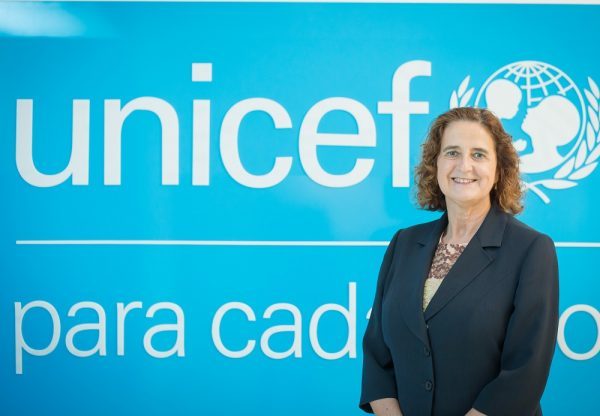
The United Nations Children’s Fund (Unicef) office in the Dominican Republic issued a statement congratulating the Central Electoral Board (JCE) for issuing Resolution 74-2020 that authorizes issuing identity cards to all minors, from the age of 12. The cards need to be requested by the minor accompanied by the parent.
“With this resolution we advance one more step forward to secure a legal identity for all children and adolescents in the Dominican Republic,” says Rosa Elcarte, Unicef representative in the Dominican Republic.
Moreso, Unicef’s position is that the document should be issued to all immediately after birth registration, regardless of age, as is done in many countries around the world. Unicef understands that the scope of the resolution should be extended progressively to all children.
In the explanation, Unicef says that the identity card is the document that proves a person’s identity. Through it, the state certifies who its holder is, recognizes his or her name, and gives him or her a unique identification number that serves to open the doors to the exercise of multiple rights.
Unicef explains that the issuance of the identity card will also help solve many pregnant adolescents’ inability to register their children at birth because they did not have legal identity themselves when giving birth.
Elcarte said: “This action helps to reduce one of the negative consequences of teenage pregnancy, which affects their babies. Without this measure, the Dominican Republic will not achieve universal birth registration. This right is included in the Convention on the Rights of the Child and is a Goal of the Sustainable Development Objectives (ODS 16)”.
The Unicef representative said that it is urgent and essential that the country take all necessary measures to reduce adolescent pregnancy, as stated in the National Plan for the Reduction of Adolescent Pregnancy (2019).
Unicef’s position is that the exception for girls under 12 years of age who have been abused and who, as a result of that abuse, have children, have an identity card, in no way constitutes a legalization of that situation. Unicef points out that on the contrary, what it does is avoid a greater violation of rights; that the child of that abused girl, also suffer from the denial of legal registration at birth.
Unicef explains that an identity card’s issuance does not change the legal status or protection children and adolescents have by law. The document does not make its holder an adult or enable him/her to exercise, by him/herself, any of the exclusive powers to adults.
Read more in Spanish:
El Caribe
22 October 2020

